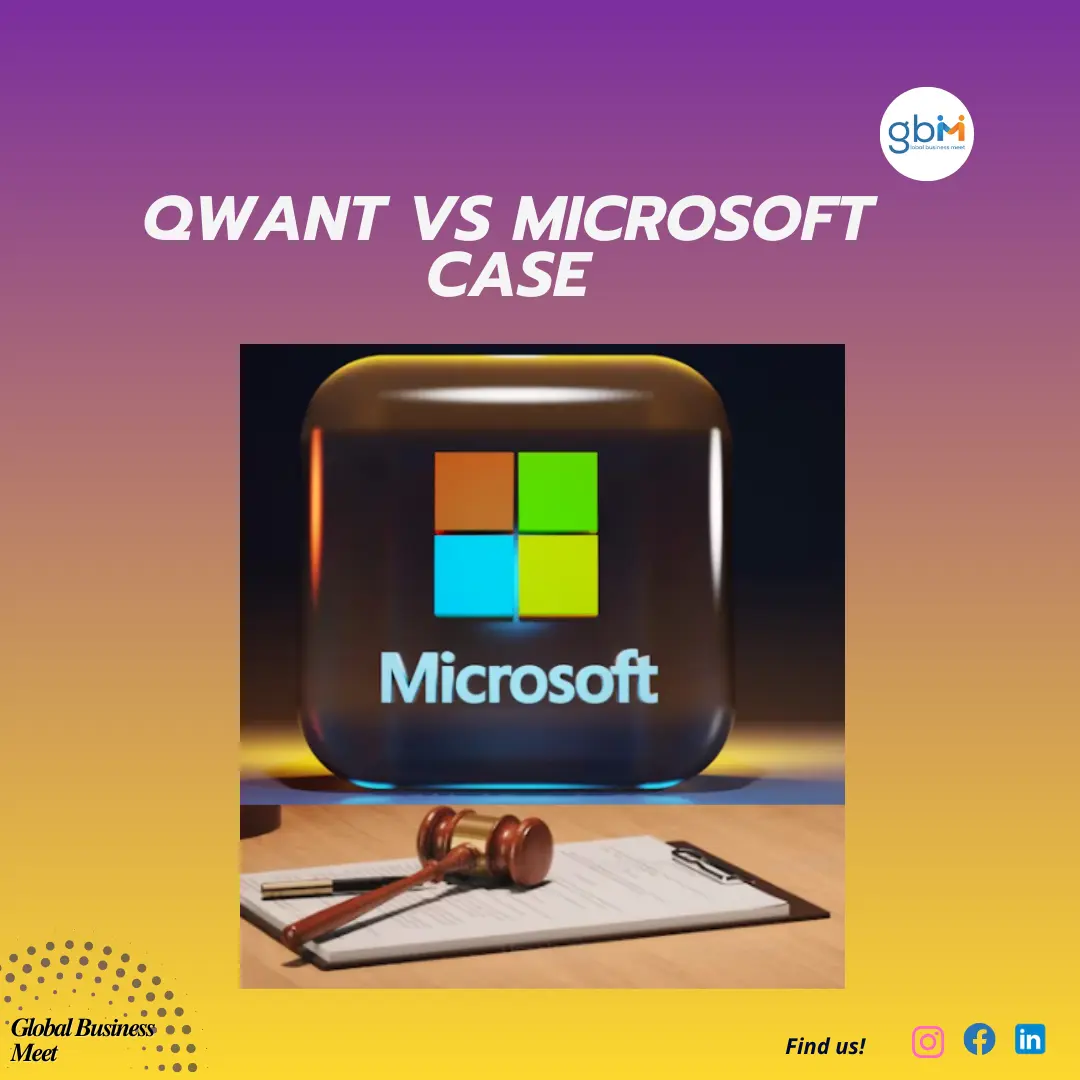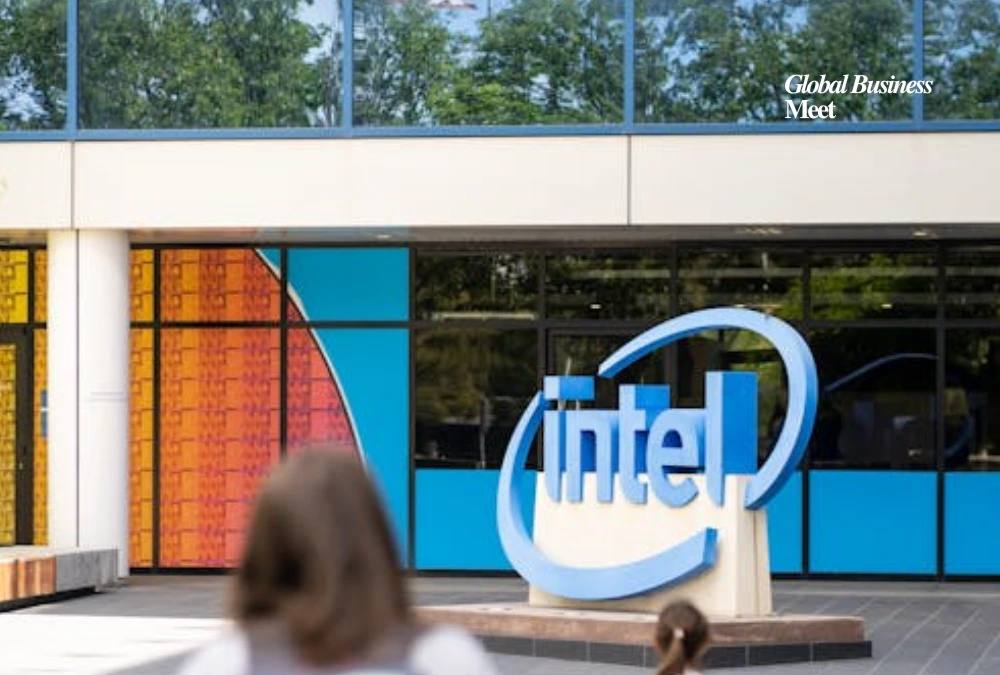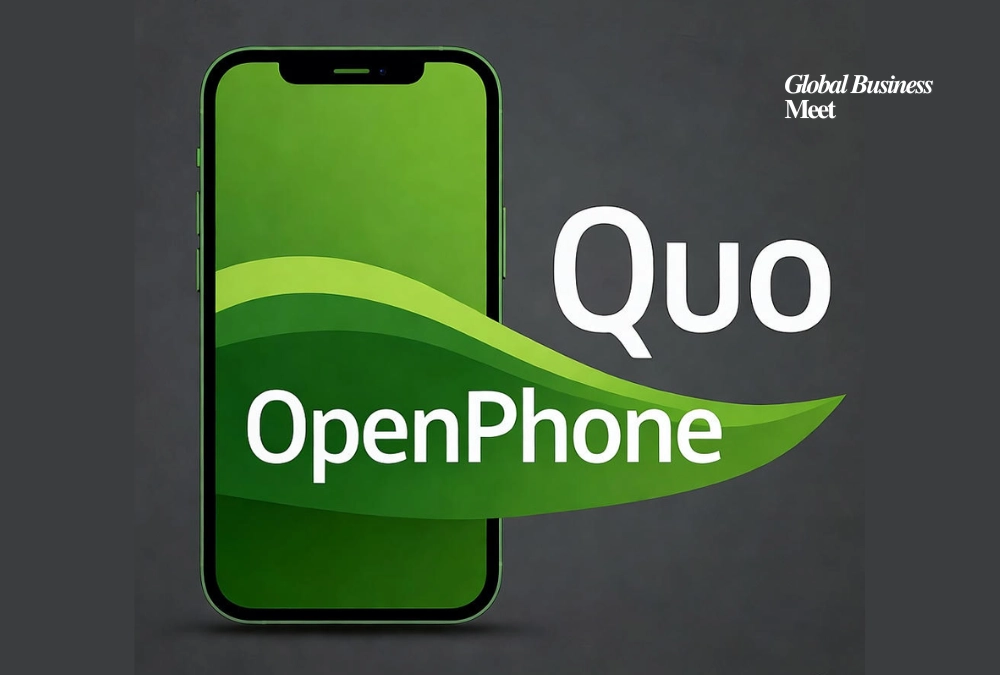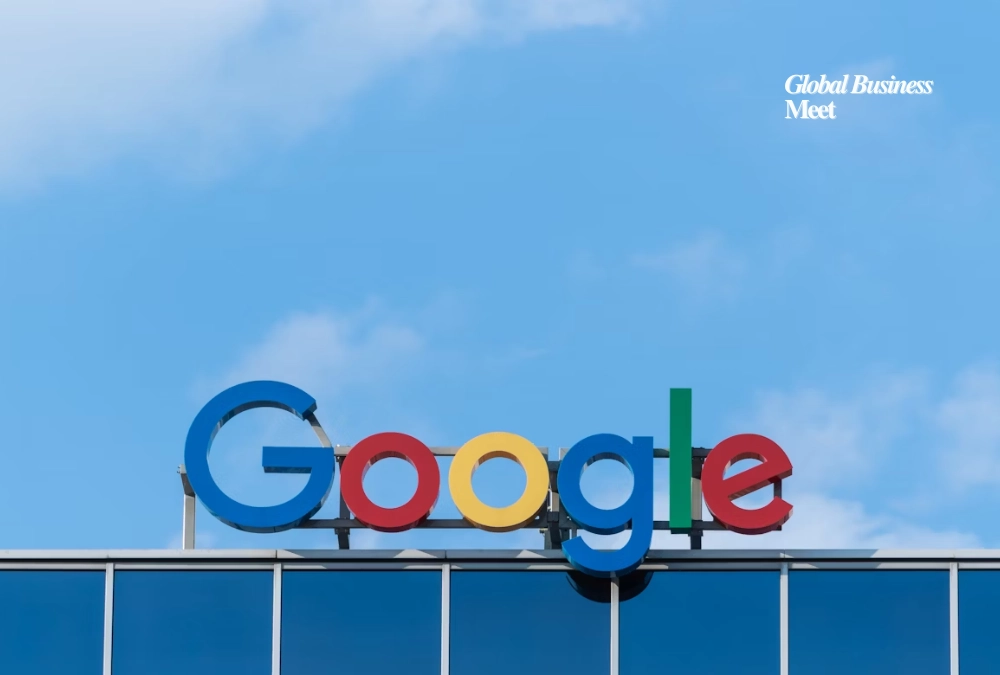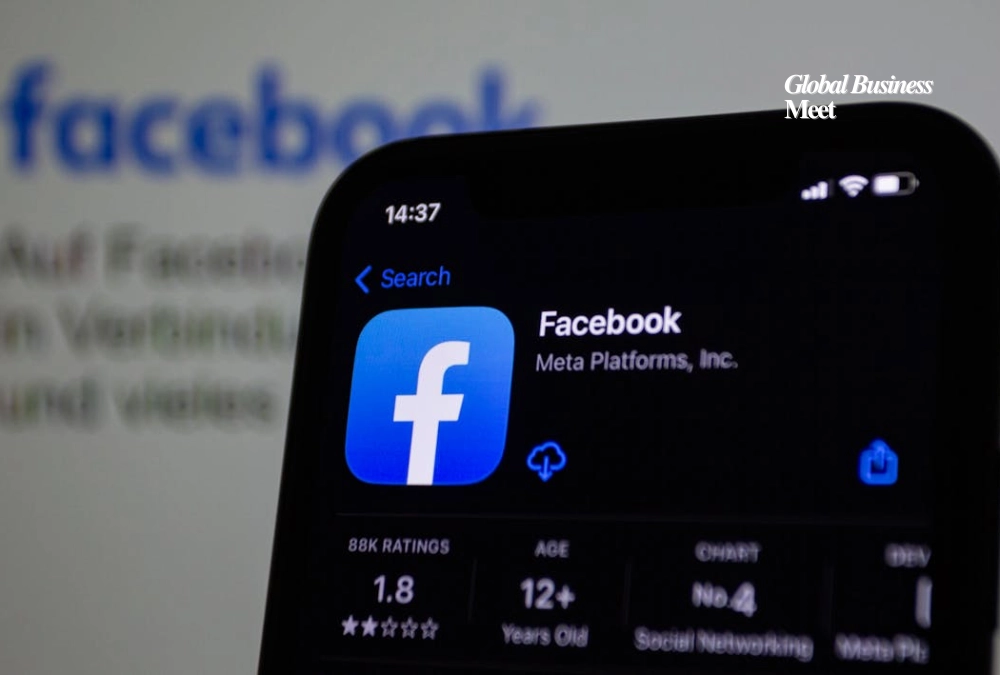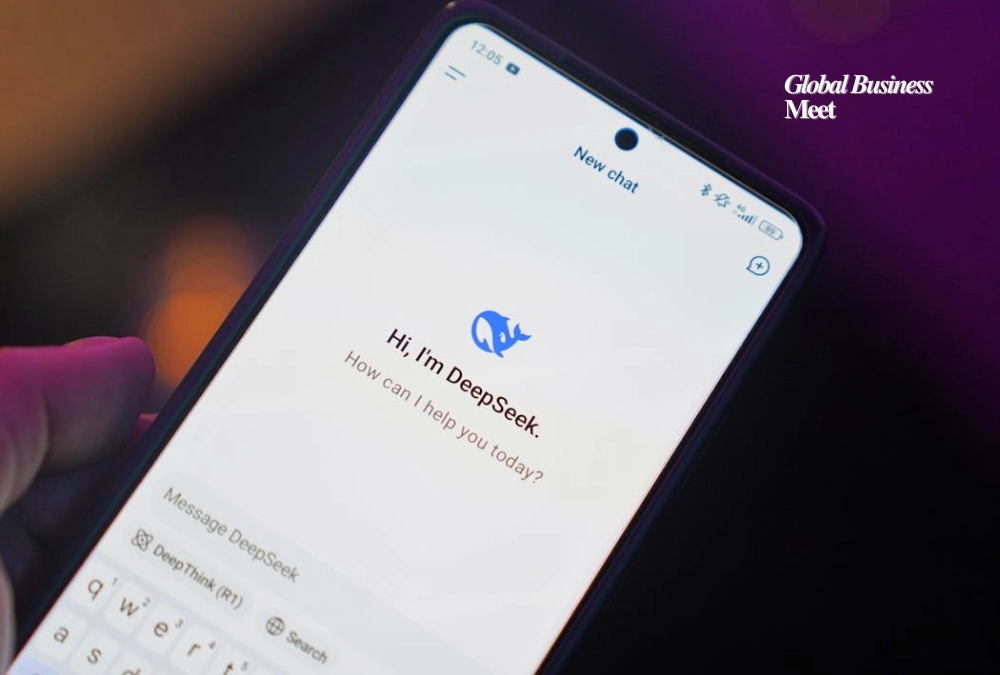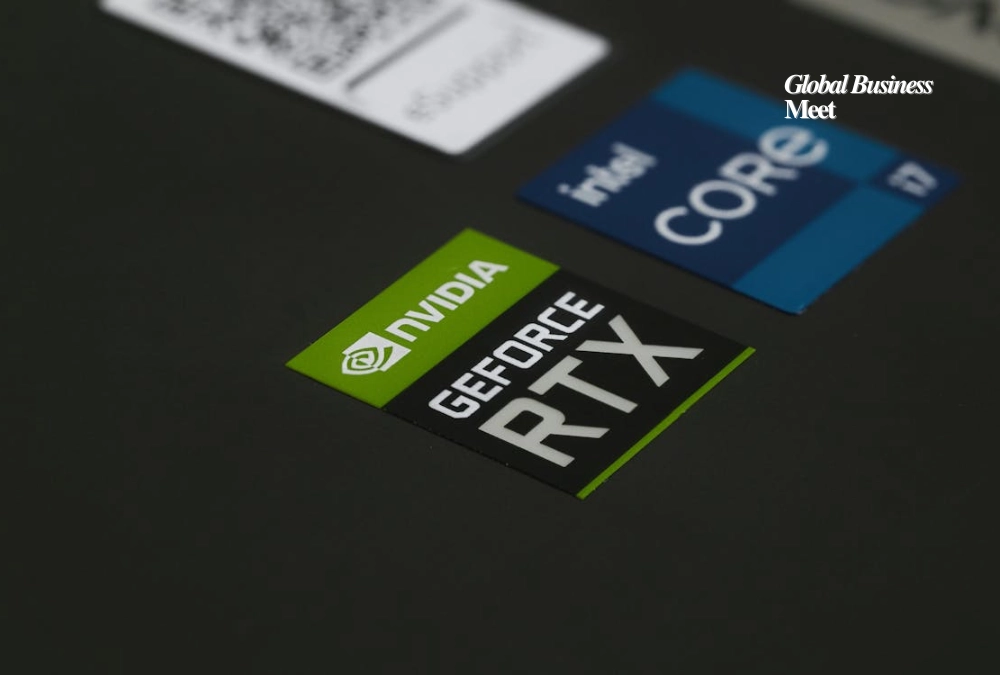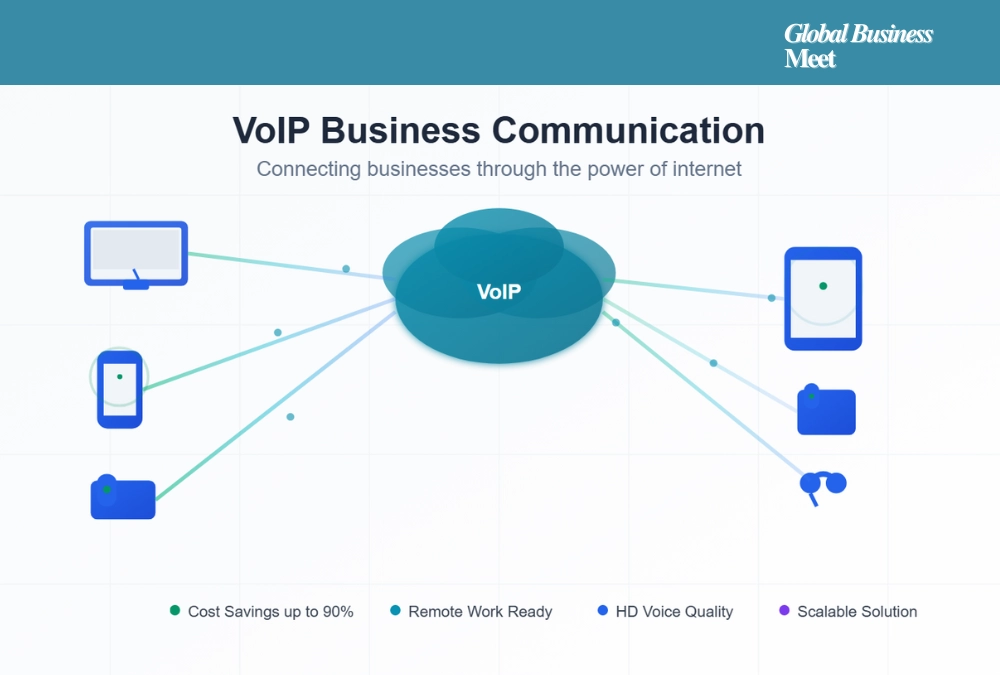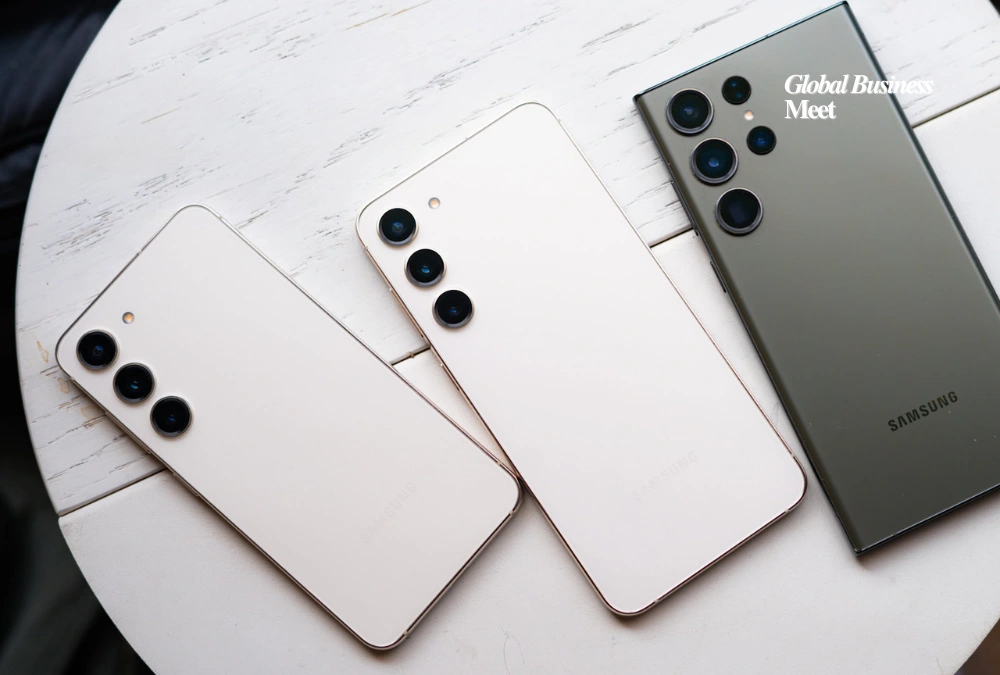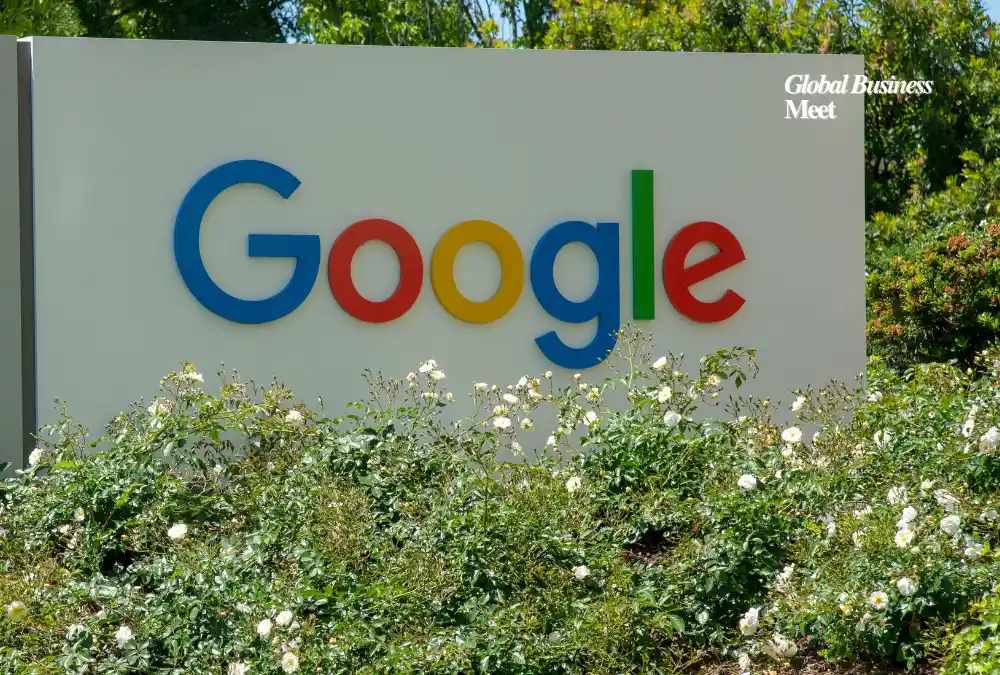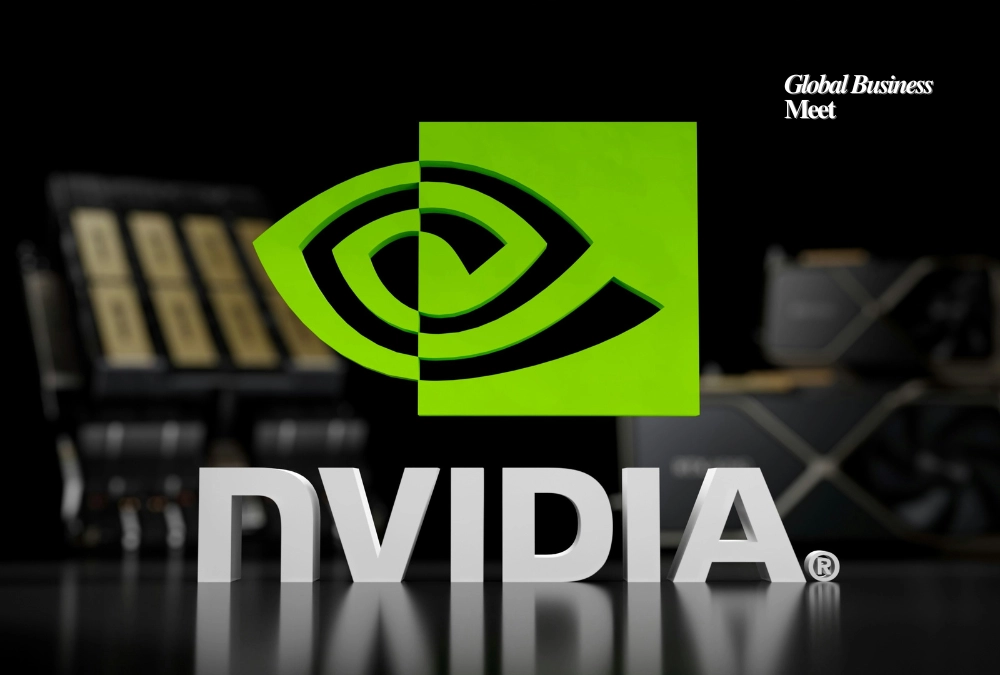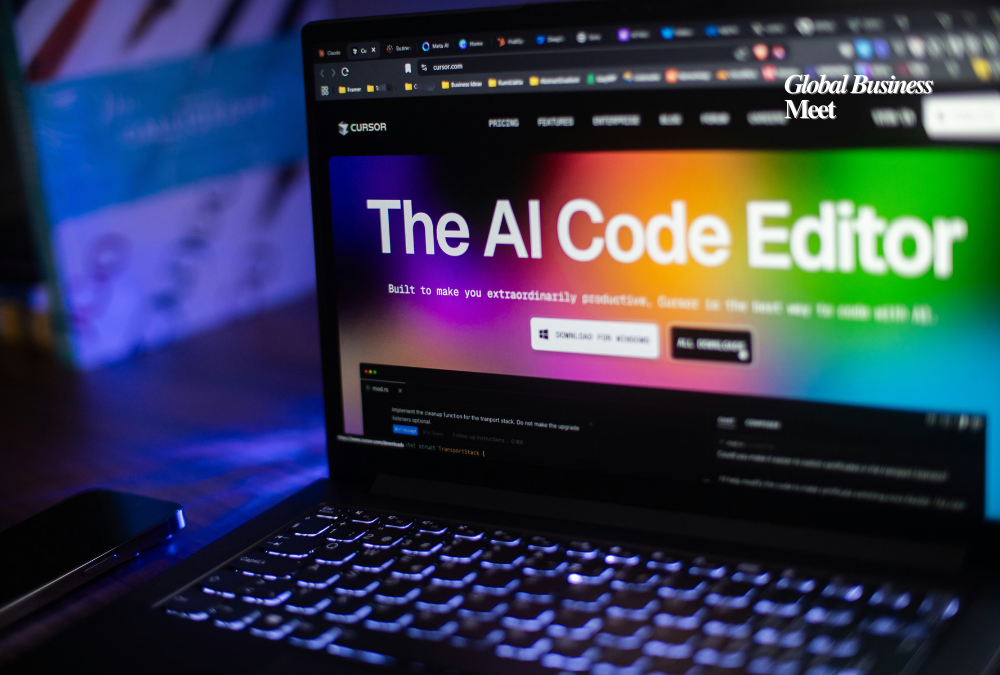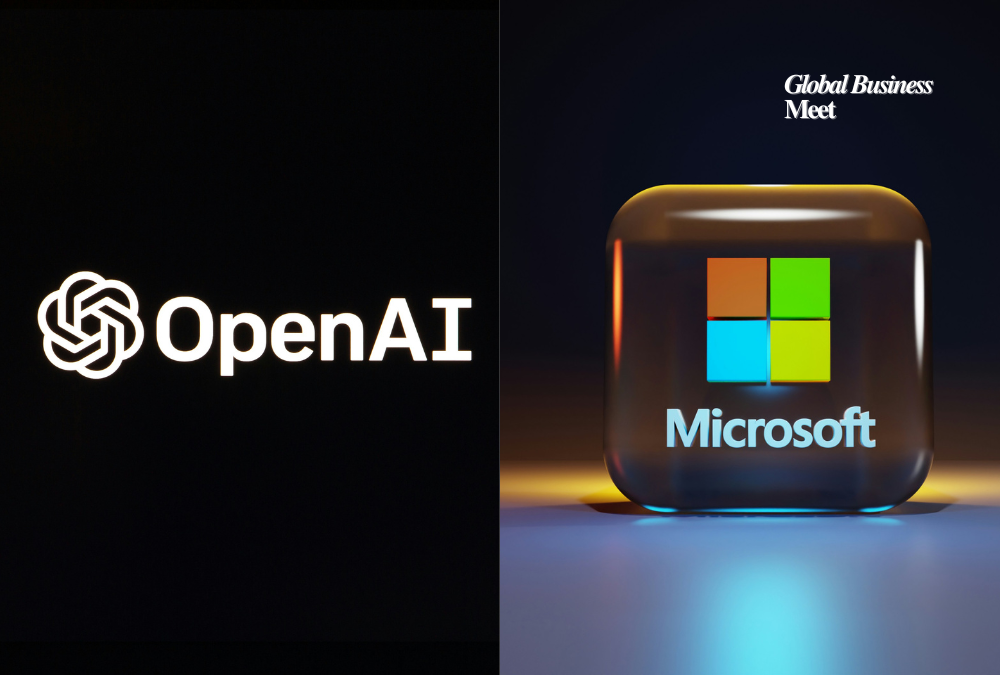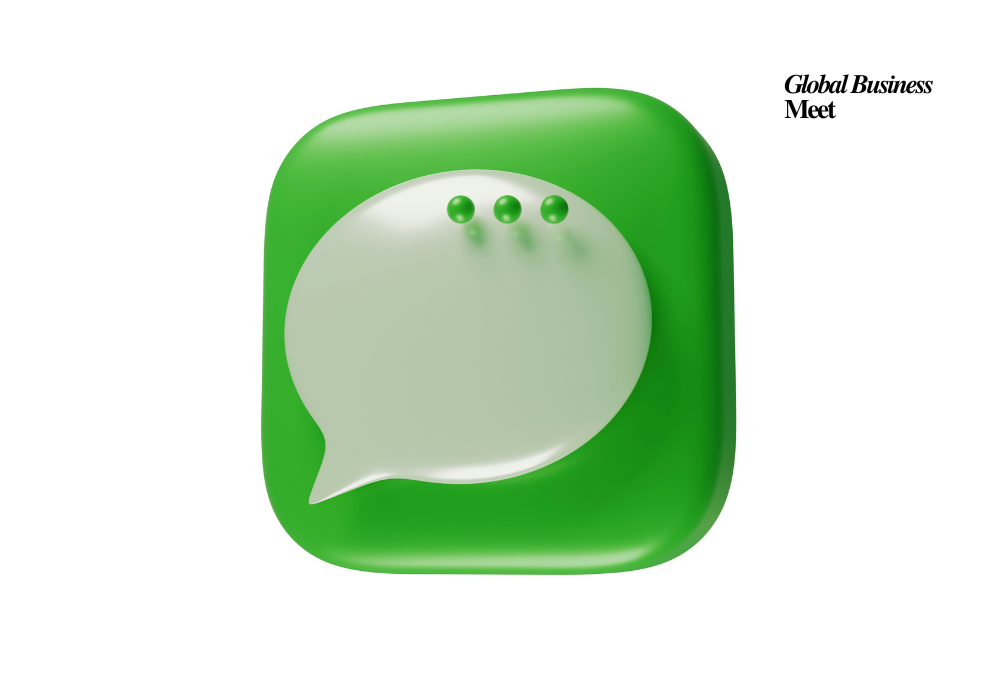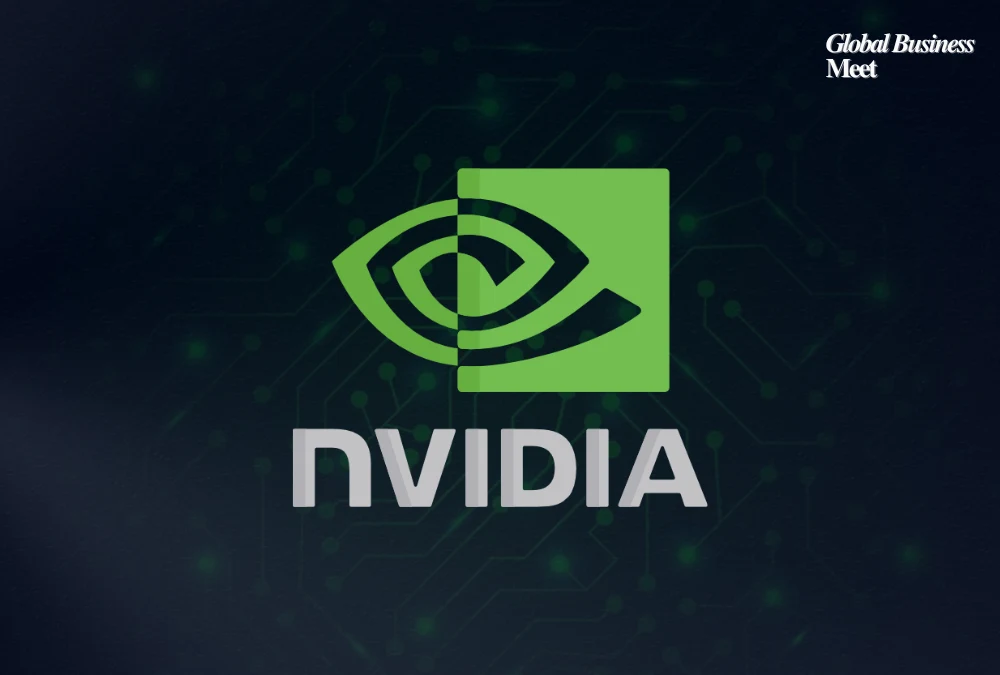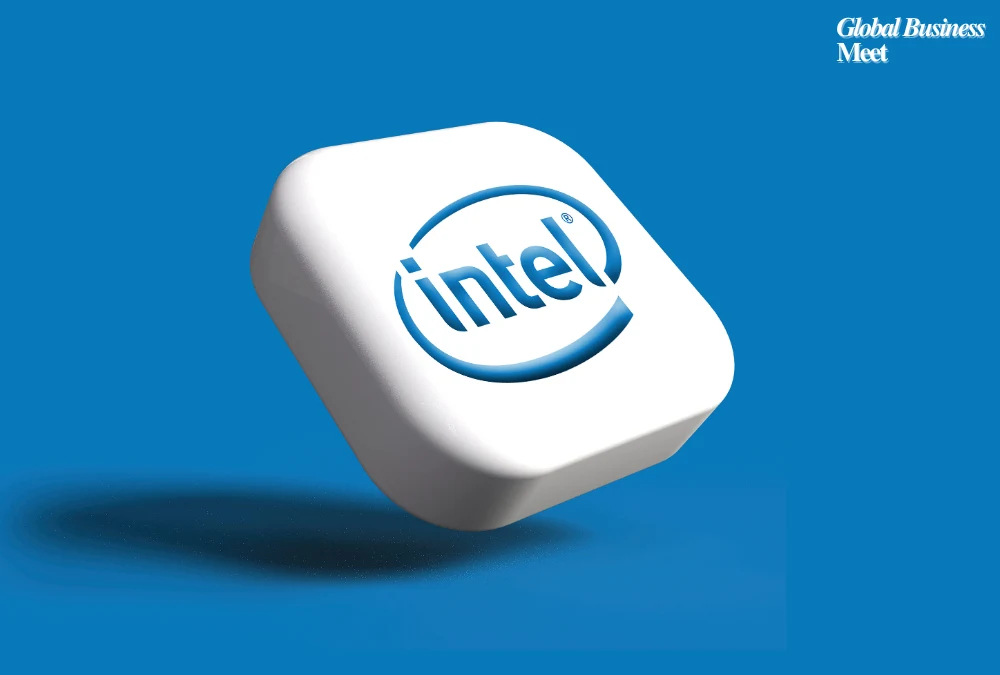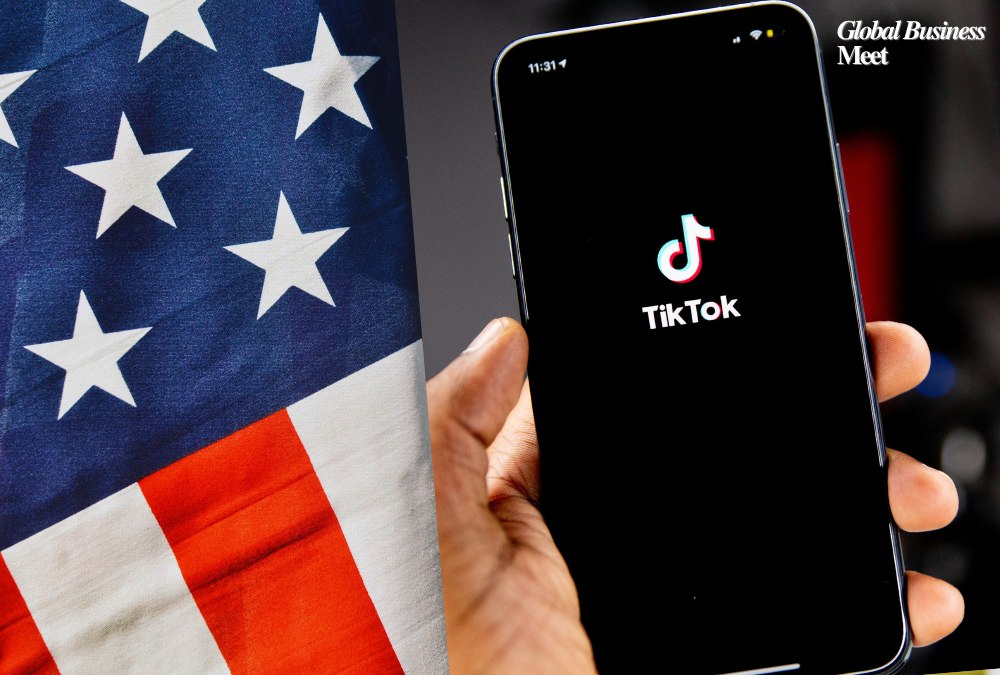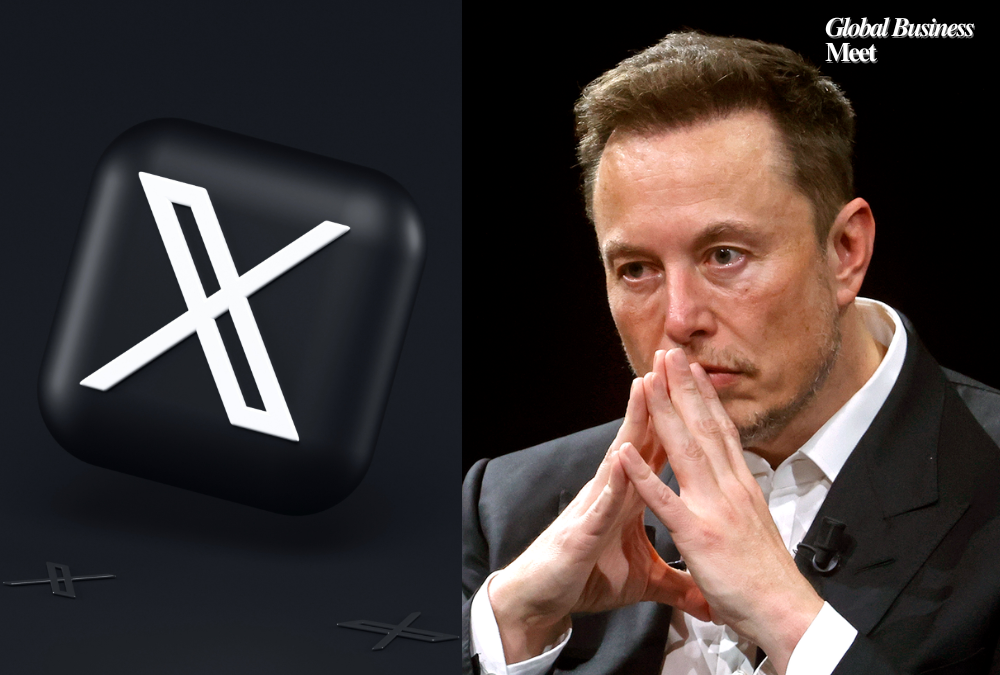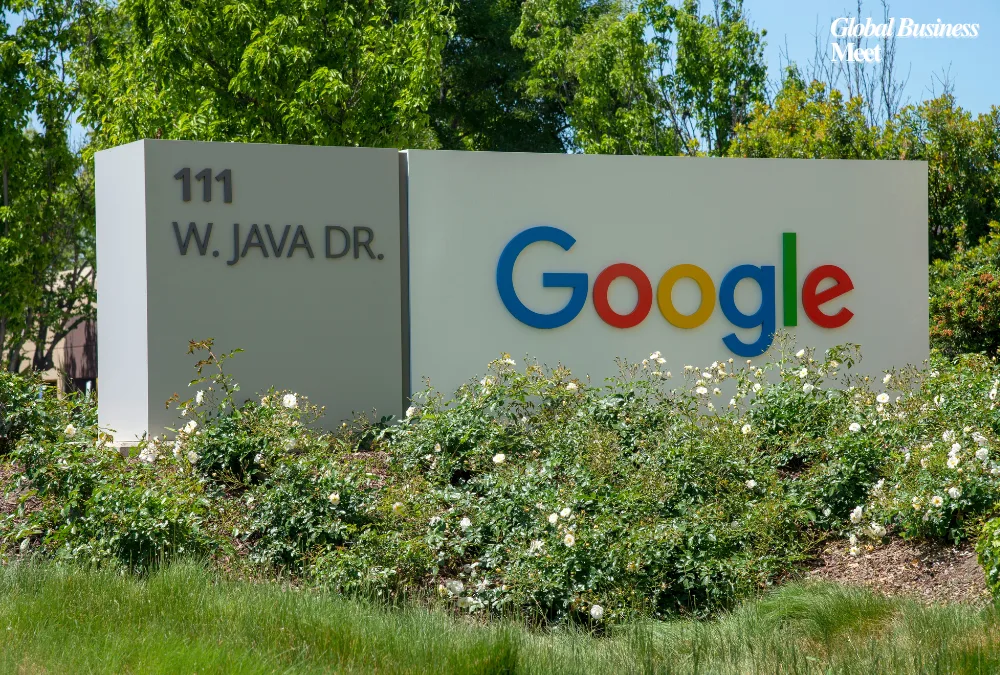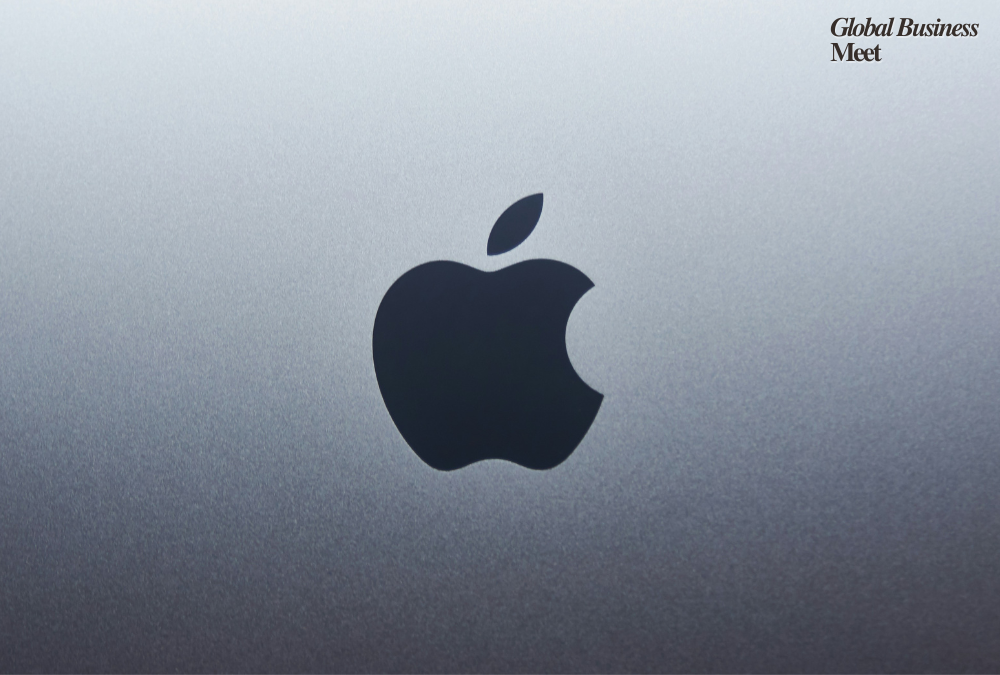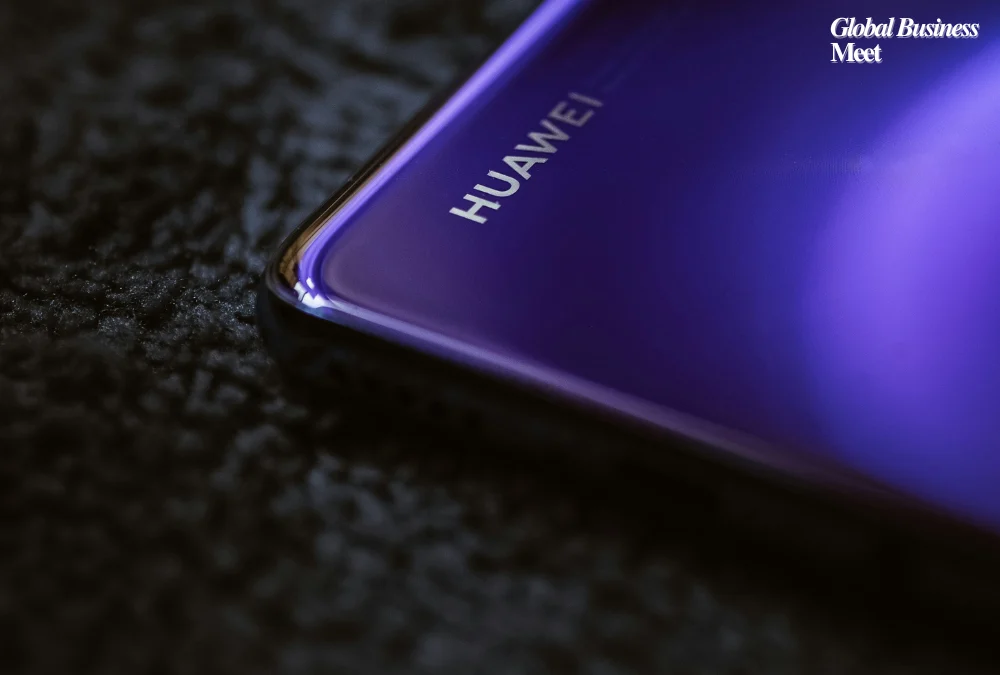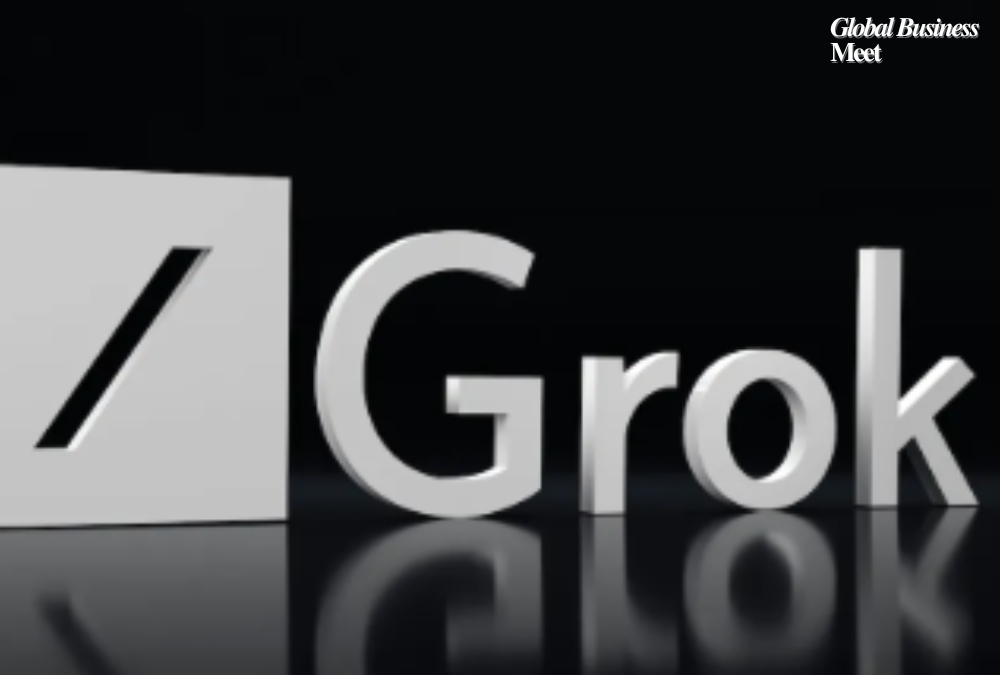
With over two big AI features, Google has turbo-charged Search, which include the introduction of business-calling with AI and launching Gemini 2.5 Pro in AI Mode, a new feature that delivers even more research precision to subscribers.
Already operational in the U.S., the new calling tool allows users to urge Google to make phone calls to local operators on their behalf, be them groomers, dry cleaners, or auto-shops. Once they do a search such as pet groomers near me, people can select the button, Have AI call and check prices, and fill out some simple questions, and the AI technology within Duplex made by Google calls the business itself. It represents itself as a robot, collects available information, prices, or services and provides the answer either in text or e-mail. The more advanced plans of the subscribers like Google AI Pro and Ultra have better usage caps.
This capability will ease daily undertakings by having no need to make manual calls. Users will gain convenience and time, and business will have an opportunity to exit once they decide not to accept AI-powered calls. It also solves previous dilemmas on deceitful AI voices by introducing the concept of transparency as the norm.
Simultaneously, Google has availed its new Gemini 2.5 Pro to AI Mode of the subscribers of AI Pro and Ultra. This model is good at logical thinking, mathematics, code and the solving of complicated queries. People can alternate between models with a drop down in the new AI tab. To further this, Google is releasing Deep Search, a research tool which performs hundreds of search queries, cross-checks their results and produces a fully cited document, which makes it perfect when it comes to big or high-stakes searches such as a home purchase or academic research.
These capabilities are a turning point in passive searches to agentic AI experience: Google is now taking the initiative on behalf of the user. The most repetitive queries are handled with AI calling, analytical detail of data is enhanced with Gemini 2.5 Pro, and detailed output is synthesized in Deep Search all in a more intuitive Google interface.
Those with AI Pro and AI Ultra license subscriptions get advanced features first. The non-paying users will still get the basic features, such as the AI calling, yet the more sophisticated model and research features are accessible by participating in the Search Labs experiment launched by Google.
This transformation is an indication of the fact that Google aims at reshaping Search as an intelligent assistant, rather than an information searcher. Google is now at the center of this change thanks to its twin-upgrade promoting AI-enabled browsers and tailored search-experience.
Although there is a high level of privacy and operation transparency (businesses can reject calls and the AI reveals itself), people also worry about how the data will be used and what the limits of automation will be. Google is also expected to be questioned on what they term as a balance between convenience and ethics.
Nonetheless, recent roll out is a promising perspective: search requests will be enhanced with AI initiatives, and responses will turn into active summaries. Whenever possible, be it through arranging appointments or making complicated research, Google strives to save time and energy.
As Search continues to become active and smart other technology players might feel the need to react. In the mean time, Google is taking the lead and giving a glimpse of yet to come world where we are not doing it, but the AI is doing it.

